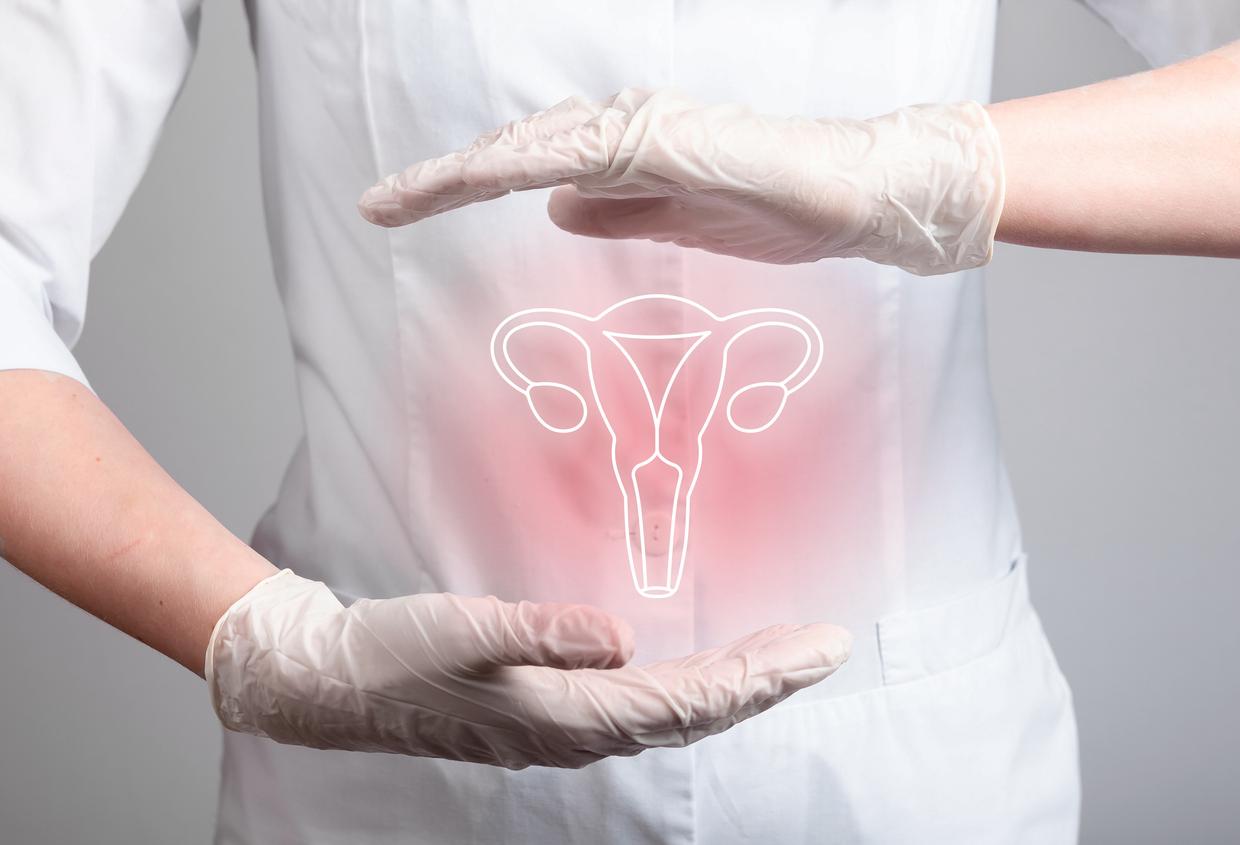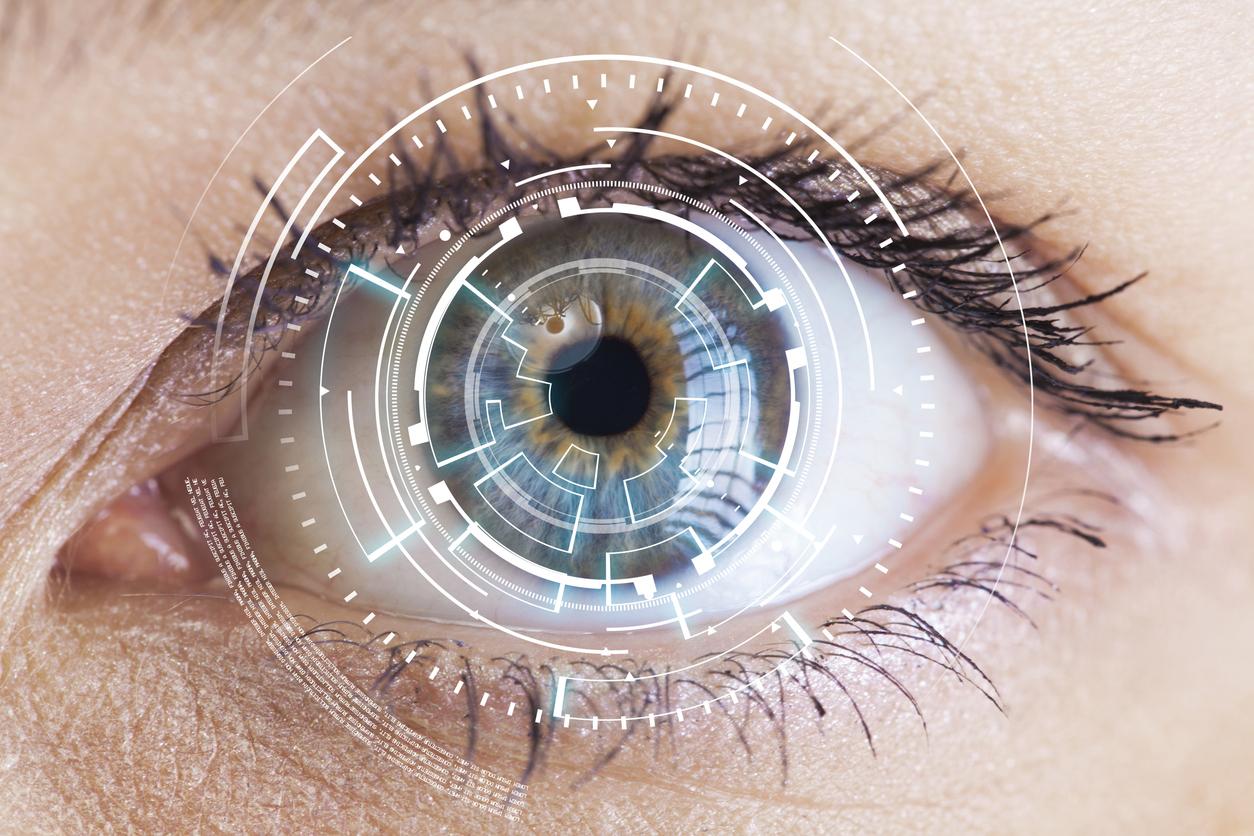After a stroke, educate your taste buds. This is the idea behind the culinary workshops offered in secondary prevention. The objective: to better apply dietary advice.

Easier said than done… The saying applies particularly well to people who have suffered a stroke. Eating better is essential to limit the risk of recurrence. But in reality, implementing dietary advice turns out to be more complex.
On the occasion of the Heart Week, organized by the French Federation of Cardiology from September 23 to 1er October, Why actor examines the solutions proposed in secondary prevention.
Each year, 130,000 people have a stroke. The vast majority survive, but the therapeutic education that follows is offered unevenly. The benchmarks are clear. Eat at least five fruits and vegetables a day, limit fats, sugars and salt, or consume more fiber.
Booster shots
However, moving from words to deeds is always difficult. “There are a lot of things that we know theoretically but that we do not apply,” admits Lionel Ribes, head of ambassadors at the National Association of Family Hypercholesterolemia (ANHET). This is where culinary workshops come in, most often offered by patient associations.
Member of ANHET, Angelo Gianfrancesco (seated on the left), who participates in the nutritional education program at La Timone hospital, Marseille: “The before, it was we delete everything. The after, it is I do not deprive myself of anything”.
ANHET: National Association of Family Hypercholesterolemia
Included in the post-stroke rehabilitation process, these programs provide a concrete solution to health and dietary advice. “A culinary workshop allows you to take up the basics of a healthy and balanced diet, with each patient, and according to their way of cooking”, summarizes Lionel Ribes.
In fact, these bases are often incomplete and favor the recurrence of a stroke. Lionel Ribes is also said to be in favor of regular “booster shots”. Because bad habits develop faster than good ones. “We can easily get carried away by the consumer society, ready meals and the fast-paced lifestyle,” he admits.
Widen access
But these culinary workshops are for the moment reserved for secondary prevention, that is to say after a stroke. In any case, it is only in this context that they are taken care of. “If Health Insurance, as part of prevention, funded this education, it would be beneficial and a source of long-term savings,” says Lionel Ribes.
Certain populations are in fact at high risk of stroke and could benefit from this therapeutic education even before the incident. This is the case of the patients represented by this activist associations.
“We have a genetic form of hypercholesterolemia,” explains Lionel Ribes. Familial hypercholesterolemia is indeed characterized by high levels of bad cholesterol from early childhood. “For us, it is essential to adopt good habits from childhood,” insists Lionel Ribes. The earlier it is done, the more it will be applied by people. “

.















